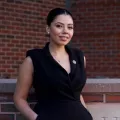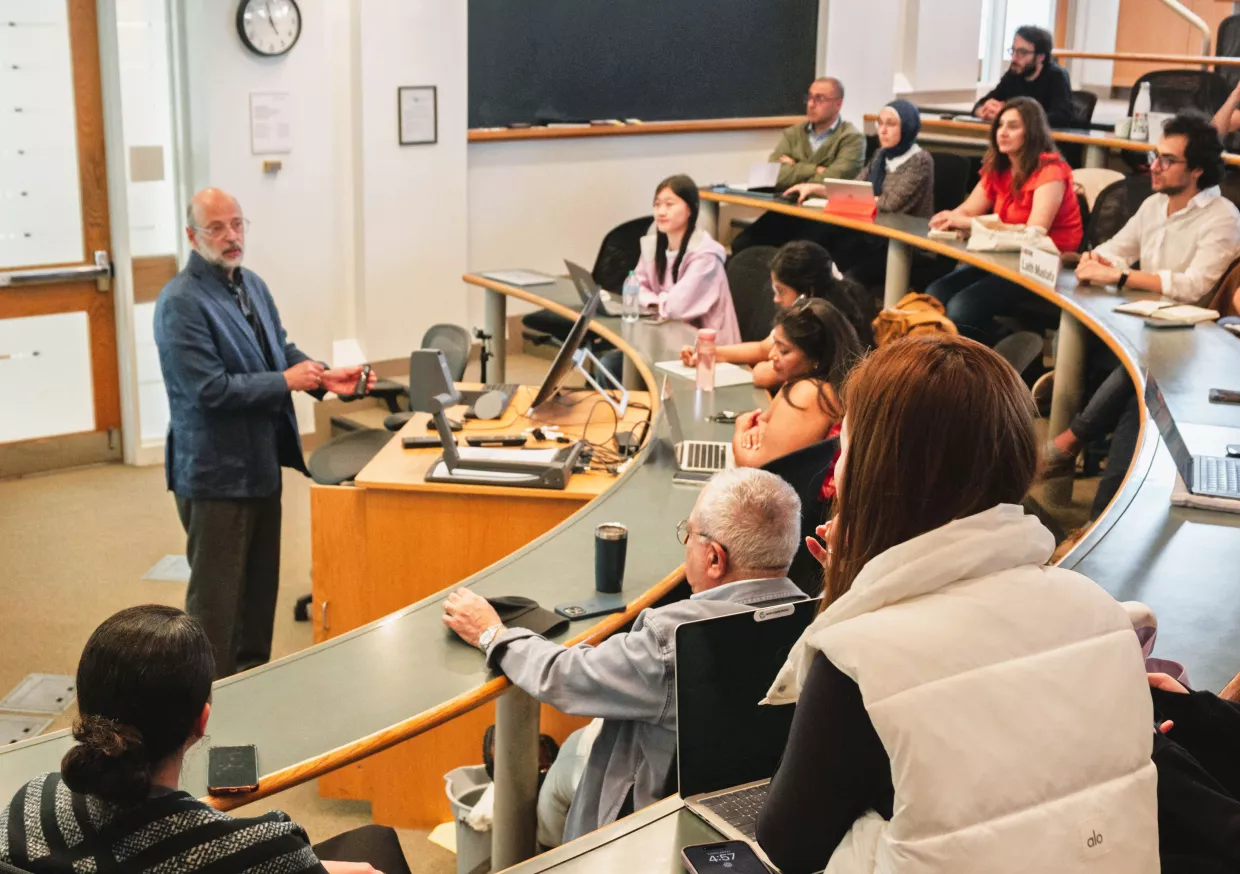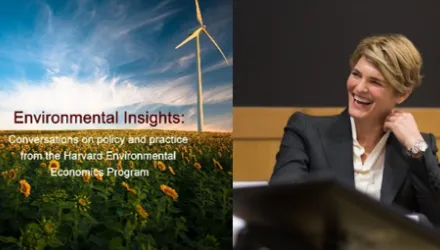What made this study group especially distinctive was not just its scope – spanning education transformation, fiscal policy reform, and refugee governance – but the depth and immediacy of the lived insight Dr. Razzaz brought to every discussion. Drawing from his tenure as Minister of Education and later as Prime Minister of Jordan, Dr. Razzaz offered participants an unfiltered window into how decisions are made behind closed doors: the pressures, the compromises, and the unintended consequences that shape policy implementation.
In the session on education reform, participants explored how seemingly technical questions – such as the restructuring of Jordan’s Tawjihi exam in 2017 – are fundamentally shaped by deeper questions of institutional trust and generational change. Dr. Razzaz detailed how his ministry’s attempts to modernize the national assessment system triggered public resistance, not primarily because of pedagogical disagreements, but because the reforms signaled a profound shift in how educational merit would be defined. This resistance manifested in teacher union mobilization and public pushback, illustrating the complex dynamics between technical solutions and political realities.
The second session – on fiscal reform – turned to the political economy of taxation and the delicate balance governments must strike between international pressure and domestic legitimacy. Here, the discussion moved from abstract macroeconomics to concrete dilemmas: when facing IMF demands to increase tax revenue by 1% of GDP, Jordan’s government had to determine which sectors could absorb additional taxation without triggering social unrest or economic contraction. Dr. Razzaz revealed how his cabinet navigated this narrow path through policy sequencing and targeted support measures for vulnerable households.
Nowhere did governance frictions become more complex than in the final session on migration and refugee governance. Using Jordan’s experience hosting over 1.3 million Syrian refugees as a case study, participants unpacked the competing demands facing host governments: the humanitarian imperative to accommodate refugees, fiscal constraints, and the shifting expectations of international donors. The Jordan-EU Compact of 2016 exemplified these tensions, promising increased development funding and trade opportunities in exchange for refugee work permits and integration efforts. The discussion also examined UNRWA’s role in supporting Palestinian refugees and the chronic funding challenges that have undermined its operational capacity in recent years, highlighting how even longstanding institutions face sustainability challenges when dependent on voluntary contributions.
The Trade-Offs of Reform: Institutional Culture and Political Limits
What emerged across the study group was a consistent theme: sustainable reform is less about identifying ideal solutions and more about navigating trade-offs between competing values and constraints. This perspective acknowledges that effective institutions cannot simply be imported or imposed according to universal blueprints. Rather, they must evolve through context-specific processes that account for local political realities, cultural norms, and existing power structures.
Dr. Razzaz emphasized that reform initiatives often falter not because of technical inadequacy but because they conflict with prevailing institutional cultures. In Jordan’s case, attempts to modernize public administration repeatedly confronted deeply rooted practices and established expectations – underscoring that sustainable change requires working with rather than against institutional realities.
Reform as Process, Not Prescription
Dr. Razzaz consistently emphasized that reform is deeply path-dependent: shaped not only by vision, but by timing, sequencing, and public communication. While long-term strategic goals matter, he stressed the importance of starting with “hot topics, low-hanging fruit, tactical moves” – all while building public trust. This incremental approach represents a pragmatic strategy of identifying and leveraging opportunities for change within complex systems where grand overhauls often fail.
The study group examined how sequencing choices proved critical in Jordan’s fiscal reforms. When multiple financial adjustments converged in 2018, the combined effect created significant public concern. This experience demonstrated how carefully staged implementation, with appropriate timing and communication, becomes essential for maintaining reform momentum while preserving social cohesion.
The Role of Imagination and Engagement
In each session, Dr. Razzaz invited participants to step into the policymaker’s role – posing hypothetical governance dilemmas that encouraged debate, negotiation, and reimagination. These exercises ranged from designing solutions for restructuring elements of education systems to developing more sustainable funding models for refugee support, and imagining new ways of balancing hosting refugees with economic and social implications as well as managing donor fatigue.
These interactive sessions underscored a key pedagogical principle: that reform is not just observed or studied, but imagined, tested, and collectively refined. This approach embraces a practical optimism – the capacity to envision and pursue realistic paths to improvement even within highly constrained systems. Rather than being paralyzed by systemic limitations, effective reformers identify possibilities within existing constraints and work creatively to expand the boundaries of what seems achievable.
Closing Reflections: Governing the Unfinished
In one of the study group’s final slides, a simple quote lingered with participants: “God, grant me the serenity to accept the things I cannot change, the courage to change the things I can, and the wisdom to know the difference.” It was a fitting conclusion to three weeks of grappling with reform not as a blueprint, but as a lived process – marked by constraint, compromise, and the pursuit of possibility.
While no singular formula can resolve the governance dilemmas faced by modern states, study groups like this one help prepare future policymakers to think critically, communicate effectively, and act strategically within complex systems. In confronting complexity head-on – and engaging directly with those who have governed through it – participants moved beyond theoretical ideals into the lived reality of reform: messy, incremental, and always unfinished.







